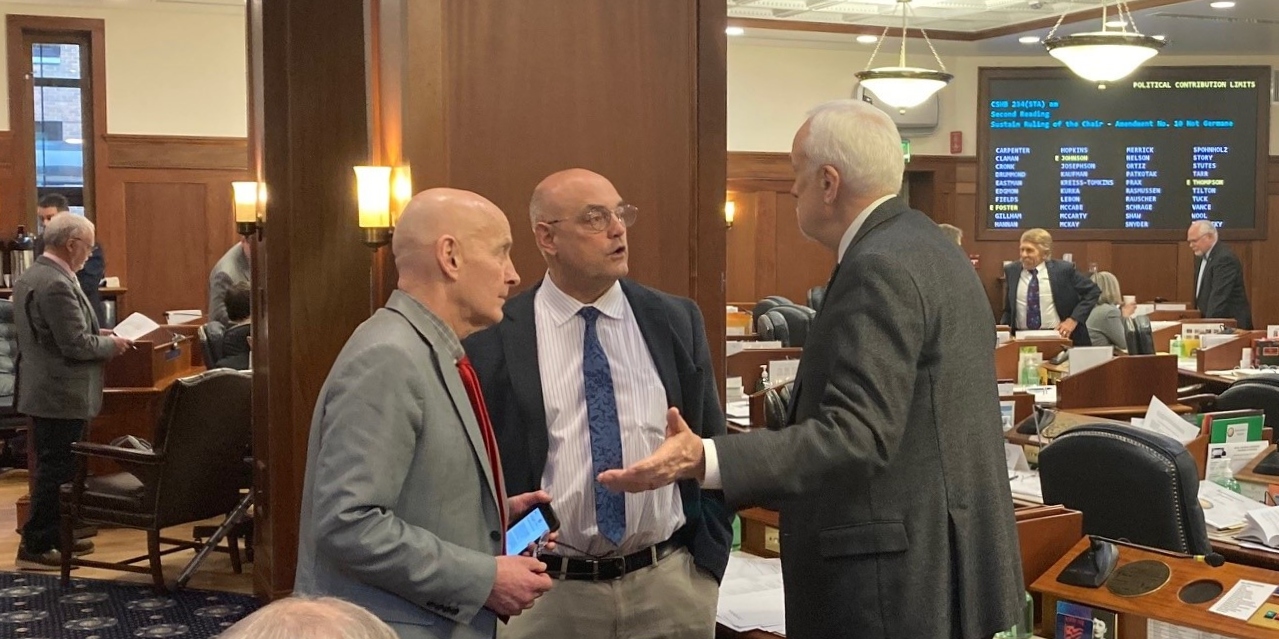
The Alaska House of Representatives is debating a bill that would bring limits to campaign contributions back to the state.
House Bill 234 would limit individual contributions to candidates to $2,000 over two years. There are no limits on individual donors currently.
Anchorage Democratic Rep. Andy Josephson supports reinstituting limits. On Monday, he proposed amending the bill to lower the individual limit to $1,500. Adjusting for inflation, that would be similar to a limit approved by 73% of Alaska voters in 2006.
“Now think about that,” Josephson said. “How many things do Alaskans agree on by 73%? Not that many.”
Homer Republican Rep. Sarah Vance opposed the amendment, as well as broader limits on contributions to candidates. She noted that courts have found that contributions are a form of speech.
“This amendment is further limiting that freedom of speech,” she said.
Vance also noted that contributions to independent expenditure groups aren’t limited. The U.S. Supreme Court invalidated limits to these groups in the Citizens United decision in 2010.
Josephson’s amendment failed by a vote of 16 to 22. Majority-caucus Reps. Matt Claman, D-Anchorage, and Kelly Merrick, R-Eagle River, as well as House Speaker Louise Stutes, R-Kodiak, voted against the amendment. Rep. Sara Rasmussen, an Anchorage Republican who isn’t a member of either caucus, also voted against it.
In July, a three-judge panel of the U.S. Court of Appeals for the 9th Circuit struck down Alaska’s previous individual limit of $500 per candidate each year. The court also invalidated a $500 limit to political groups and a $3,000 limit on the total amount candidates can raise from out-of-state donors. The court left a $5,000 limit on annual contributions to political parties in place.
Alaska Public Offices Commission staff members proposed using regulations to set new limits after the court ruling. But there weren’t enough commission members who agreed and the proposal died. Gov. Mike Dunleavy has said he opposes limits.
The House could vote on the bill later this week. If the bill is passed by the House, it would head to the Senate, where its prospects are unclear.


